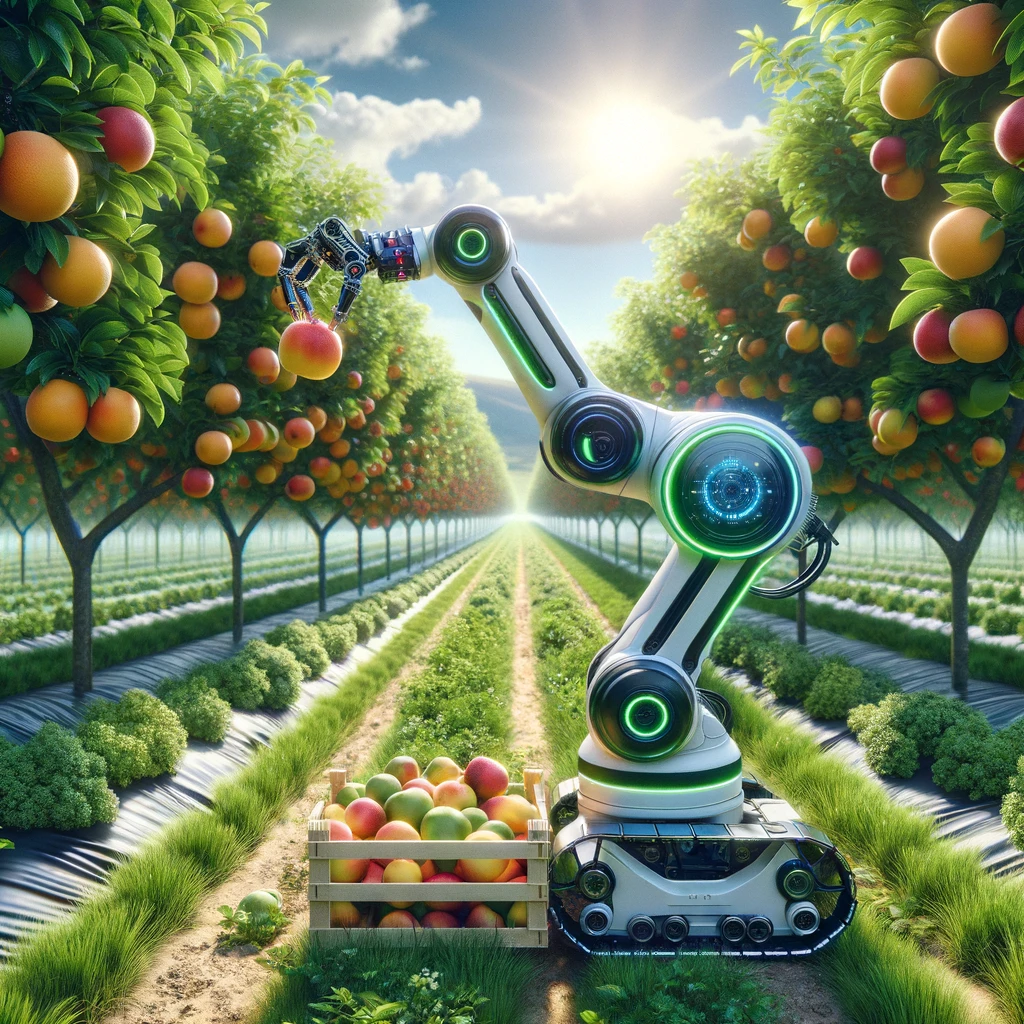In a breakthrough study published in Scientific Reports, researchers have unveiled a groundbreaking solution in agriculture, aimed at transforming the age-old practice of fruit harvesting. Addressing the labor-intensive nature of this task, the research introduces an innovative approach by automating fruit harvesting, deploying sophisticated deep learning algorithms and computer vision techniques. The culmination of efforts from experts across the UK, Ethiopia, and India, this system promises to revolutionize fruit harvesting through automation and intelligence.
Advancing agricultural practices – Innovations in automating fruit harvesting
The labor-intensive and time-consuming nature of fruit harvesting has long posed challenges for farmers worldwide. With demands for high-quality produce on the rise, coupled with labor shortages and increasing costs, the need for automated solutions has become paramount. Past endeavors in robotic harvesting have encountered obstacles ranging from localization difficulties to complex fruit recognition and grasping pose prediction.
The most recent study proffers an all-encompassing resolution to these multifaceted challenges by means of a synergistic fusion of sophisticated deep learning algorithms and state-of-the-art computer vision techniques. The resultant concocted robotic harvesting framework is meticulously architected, comprising a maneuverable mobile base, an intricately designed robotic arm, a pliable soft gripper, and an advanced RGB-D camera, thereby affording seamless functionality across an extensive array of environmental contexts.
Of notable significance is the groundbreaking image processing modality employed by the system, which encompasses an intricate cascade of operations including but not limited to fruit recognition, meticulous segmentation, precise shape estimation, and anticipatory prognostication of grasping poses, thus heralding the advent of a transformative era within the sphere of precision agriculture.
Precision and practicality – Assessing the robotic harvesting system
Experiments conducted to assess the system’s performance yielded promising results. Comparative analyses against existing methods showcased superior accuracy and robustness. With an F1 score of 0.94 for fruit recognition and segmentation and an intersection over union (IoU) reaching 0.88 for shape estimation and grasping pose prediction, the system exhibited remarkable precision. Also, its resilience against noise, outliers, and clutter underscores its viability in real-world scenarios.
Beyond its technical prowess, the proposed robotic harvesting system holds immense potential for practical applications. Its adaptability to various fruit types and environments, coupled with integration possibilities with sensors and devices, positions it as a game-changer in agriculture. The system’s high success rate and short cycle time further underscore its efficiency and suitability for commercial adoption.
The advent of the automated fruit harvesting system marks a significant milestone in agricultural innovation. Leveraging deep learning and computer vision, the system promises to streamline operations, enhance productivity, and elevate the quality of fruit harvesting. However, as with any pioneering technology, challenges persist, necessitating ongoing refinement and optimization. Looking ahead, how might further advancements in robotics and AI shape the future of agriculture?
Land a High-Paying Web3 Job in 90 Days: The Ultimate Roadmap
